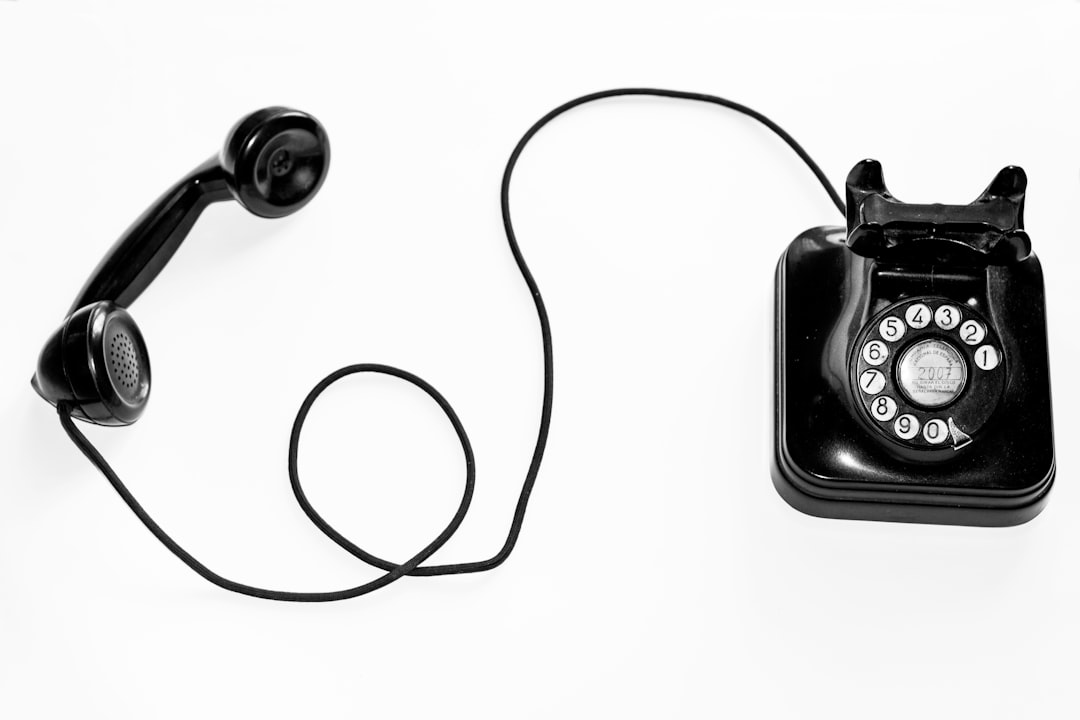Unwanted calls, especially from telemarketers or scammers, are common in NYC but illegal. The Telephone Consumer Protection Act (TCPA) restricts automated marketing calls and allows consumers to seek damages. Consulting with an experienced Unwanted Call Lawyer or Attorney in New York can protect your privacy and guide you through legal options, including compensation for willful violations. Implement security measures and be cautious with personal information to prevent harassment; contact a qualified firm for blocking future communications.
In the age of digital connectivity, unwanted calls have become a persistent nuisance in New York City. What starts as an annoying disturbance can escalate into a legal issue, especially when these calls invade your privacy and violate state laws. This article guides New Yorkers through understanding the legal implications of unwanted calls, exploring their rights, and offering practical tips to fortify privacy against relentless callers. With insights from experts at leading law firms like those specializing in unwanted call lawyers New York, you’ll gain the knowledge needed to protect yourself effectively.
Understanding Unwanted Calls and Their Legal Implications in NYC
Unwanted calls, often originating from telemarketers or scammers, are a pervasive issue in New York City and across the nation. While many residents accept these calls as an inevitable part of modern life, they can be a serious invasion of privacy and even signal fraudulent activities. In New York, such actions are not only annoying but also have legal implications.
New York state has stringent laws to protect consumers from unwanted phone calls, including those made for telemarketing purposes. The Telephone Consumer Protection Act (TCPA) prohibits companies from making automated or prerecorded calls to mobile phones without prior express consent. If you have received persistent or nuisance calls in NYC, consulting with an experienced unwanted call lawyer New York is a prudent step. Skilled attorneys at reputable unwanted call law firms New York can guide you through your rights and options, ensuring that your privacy is protected under the law.
Taking Action: Your Rights and Legal Remedies
If you’re facing relentless unwanted calls in New York City, know that you have rights and legal options available to protect your privacy. The Telephone Consumer Protection Act (TCPA) is a federal law designed to prevent just such intrusions on personal space. It restricts automated telephone marketing calls, including robocalls, and provides consumers with the right to seek damages for each violation. If you’ve been harmed by these unwanted calls, consider consulting with an unwanted call lawyer New York or unwanted call attorney New York who specializes in TCPA litigation.
These legal professionals at reputable unwanted call law firms New York can help you understand your rights and take appropriate action. You may be entitled to compensation for each prerecorded call received, as well as punitive damages if the violator’s actions were willful or knowing. Don’t let these invasive calls go unchallenged; reach out to an unwanted call lawyer New York today to explore your legal remedies and start reclaiming your peace of mind.
How to Fortify Your Privacy: Practical Tips for New Yorkers
Fortifying your privacy in today’s digital age is more crucial than ever, especially when it comes to unwanted calls. As a resident of New York City, you have rights and resources available to protect yourself from nuisance calls that can invade your personal space. A practical first step is to familiarize yourself with the laws against such practices. The Telephone Consumer Protection Act (TCPA) restricts how businesses can contact consumers, including making automated or prerecorded calls without prior consent. Understanding these legal boundaries empowers you to take action if violated.
Additionally, consider implementing robust privacy measures on your devices and accounts. Regularly update software and security patches to protect against potential vulnerabilities. Be cautious when sharing personal information online or over the phone. Use strong passwords, enable two-factor authentication whenever possible, and be wary of suspicious links or requests for private details. If you’re facing persistent unwanted calls, consult with a qualified unwanted call lawyer New York who can guide you through legal options and help block future harassing communications.






